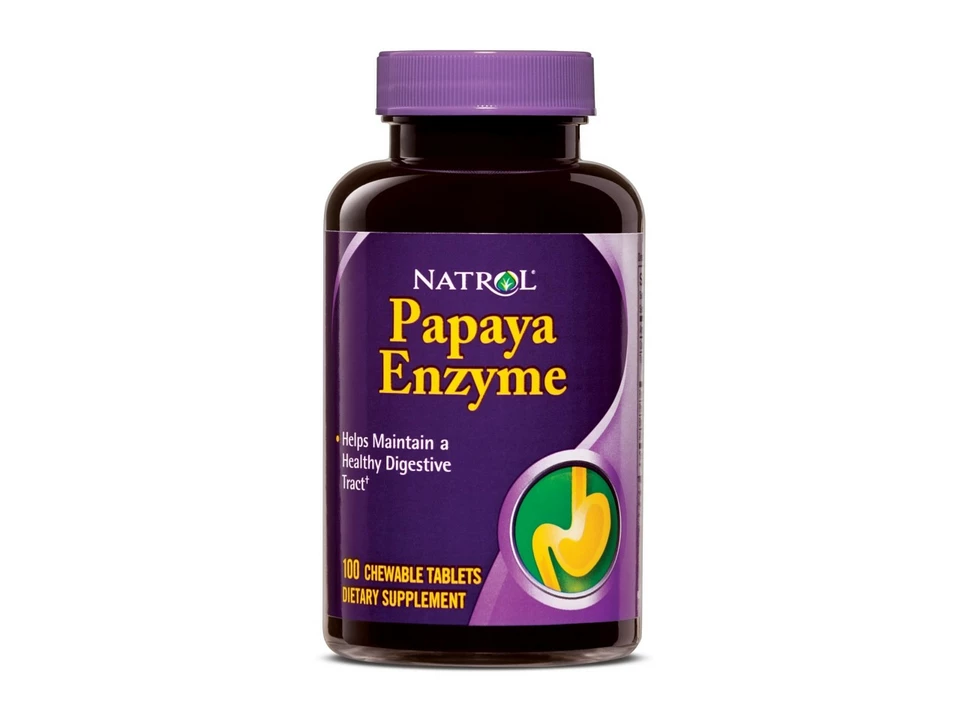Boost Immunity: Everyday Steps That Actually Help
Want a stronger immune system without gimmicks? Small daily choices add up. You don’t need expensive supplements or fad diets—focus on sleep, food, movement, and basic prevention. Below are clear, practical steps you can start right now.
Daily habits that actually help
Sleep matters. Aim for 7–9 hours most nights. Sleep restores immune cells and lowers inflammation. If you struggle, try a cool, dark room and a consistent bedtime.
Eat whole foods. Prioritize vegetables, fruits, lean protein, whole grains, nuts, and legumes. These provide vitamins, minerals, fiber, and amino acids your immune system uses every day. A simple plate: half vegetables, one quarter protein (fish, chicken, beans), one quarter whole grains.
Move regularly. Aim for about 150 minutes of moderate activity a week—brisk walks, cycling, or swimming. Short daily walks are great. Exercise improves circulation and immune surveillance without needing intense workouts.
Manage stress. Chronic stress weakens defenses. Quick wins: 5–10 minutes of deep breathing, short walks outside, or a phone-free break. If stress is constant, consider talking to a counselor or trying a short mindfulness course.
Limit alcohol and avoid smoking. Excess alcohol and tobacco both impair immune responses and healing. Cutting back makes a measurable difference within weeks.
Keep hygiene smart. Wash hands regularly, avoid touching your face, and clean shared surfaces in busy times (cold/flu season). Vaccines matter—stay up to date on flu, COVID, and other recommended shots for your age and health status.
When supplements or tests make sense
Food first, supplements second. Some supplements can help if you have a gap. Vitamin D is one of the most studied—many adults take 1,000–2,000 IU daily, but the safest approach is a blood test and advice from your clinician. Vitamin C from food is best; short-term vitamin C or zinc lozenges may shorten a cold if started early. Probiotics can help gut health, which ties into immunity for some people.
Don’t guess about deficiencies. If you feel unusually tired, get frequent infections, or have chronic conditions, ask your doctor about testing for vitamin D, iron, and other deficiencies. Treating a real deficiency helps more than random supplements.
A quick daily plan: sleep well, eat colorful meals, move for 20–30 minutes, drink water, wash hands, and take any prescribed vaccines or meds. If you choose a supplement, pick a reputable brand and check with your provider—especially if you take other medicines.
Want tailored advice? Your primary care provider can help with tests, safe supplement doses, and vaccines based on your age and health. Small, consistent steps beat one-off fixes—start with one change this week and build from there.
Improve Your Digestion and Boost Your Immunity with Papain
As a health enthusiast, I recently discovered the amazing benefits of Papain, an enzyme found in papaya. Not only does it improve digestion by breaking down proteins, but it also boosts our immune system by promoting a healthy gut. I've started incorporating papaya into my diet and have noticed significant improvements in my overall health. I highly recommend giving it a try, as it's a natural and delicious way to enhance your well-being. Don't miss out on this powerful superfood for a healthier and happier life!
About
Health and Wellness
Latest Posts


Canada Pharmacy Link Alternatives: Top Options You Should Know
By Marcel Kornblum Mar 22, 2025

Genetic Testing for Cancer Risk: BRCA, Lynch, and Beyond
By Marcel Kornblum Nov 27, 2025

Garlic Supplements and Anticoagulants: What You Need to Know About Bleeding Risk
By Marcel Kornblum Jan 4, 2026

